Efficiency on water purification system for renewable hydrogen production
Water a scarce resource with only 3% of the world water is fresh and less than 1% that is accessible. World water demand is estimated to increase with 55% by 2050 (OECD). At the same time Renewable Hydrogen, and its derivatives is estimated to stand for more than 20% of the world's energy demand by 2050 and will also demand on clean water availability.
In fact, by 2030 is expected to have 303 GW of electrolyser installed, which means a consumption of 18 Mm3/day of clean water, or in another words, the equivalent of consumption of 12 million people.
Also looking into the geography of water stressed countries and where the biggest renewable hydrogen projects are announced, there is a strong correlation between water stress and hydrogen production.
At Laval we strongly believe that natural freshwater reserves must be preserved, and thermal desalination is the most sustainable solution to purify water for Renewable hydrogen production. With thermal desalination, a 2-in-1 process, solution that cools down the process and purifies water at the same time,
Efficient electrolyser waste heat recovery for water purification
Looking at the electrolysis process specifically, 20-40% of the energy used becomes excess heat. This excess heat can be simply wasted or used by other technologies that capture this excess heat and reuse it to other purposes, so excess heat become an important heat source for process applications like, in this case, pure water production using thermal desalination.
The principal of HyDuo thermal desalination for this purpose is that the heat coming from the electrolyser will be used to evaporate sea water, brackish water, or river water. The vapours formed in the evaporation process will be condensed and fed into the electrolyser as clean water.
In the HyDuo technology, water quality is cleaner compared to traditional 1-stage RO. The better the water quality, the less degradation will happen in the electrolyser, prolonging its lifetime and decreasing the TCO.
Utilizing the waste heat as an energy source in the water purification process comes with many advantages like, a lower dosage of chemicals, a smaller footprint, more reliability, and less electricity consumed.
Summary
For the clean hydrogen economy to move forward is clear the need for more efficient process. Water is critical factor on electrolyser performance and the heat generated in the process should not be wasted.
Using thermal desalination for water purification it increases the process efficiency, helping to bring cost down and brings a reliable water purification process helping to preserve natural fresh water reserves.
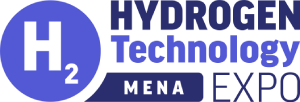
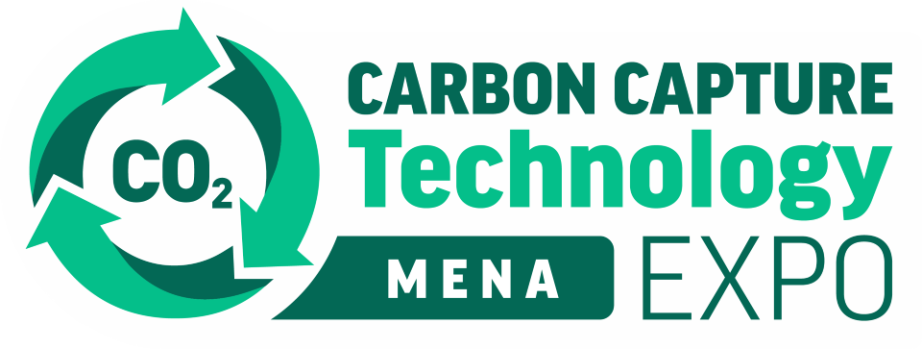
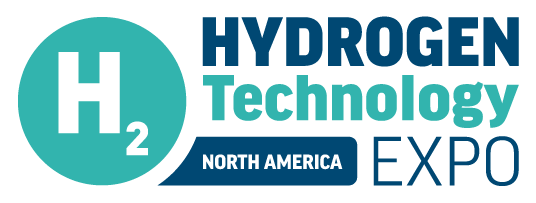
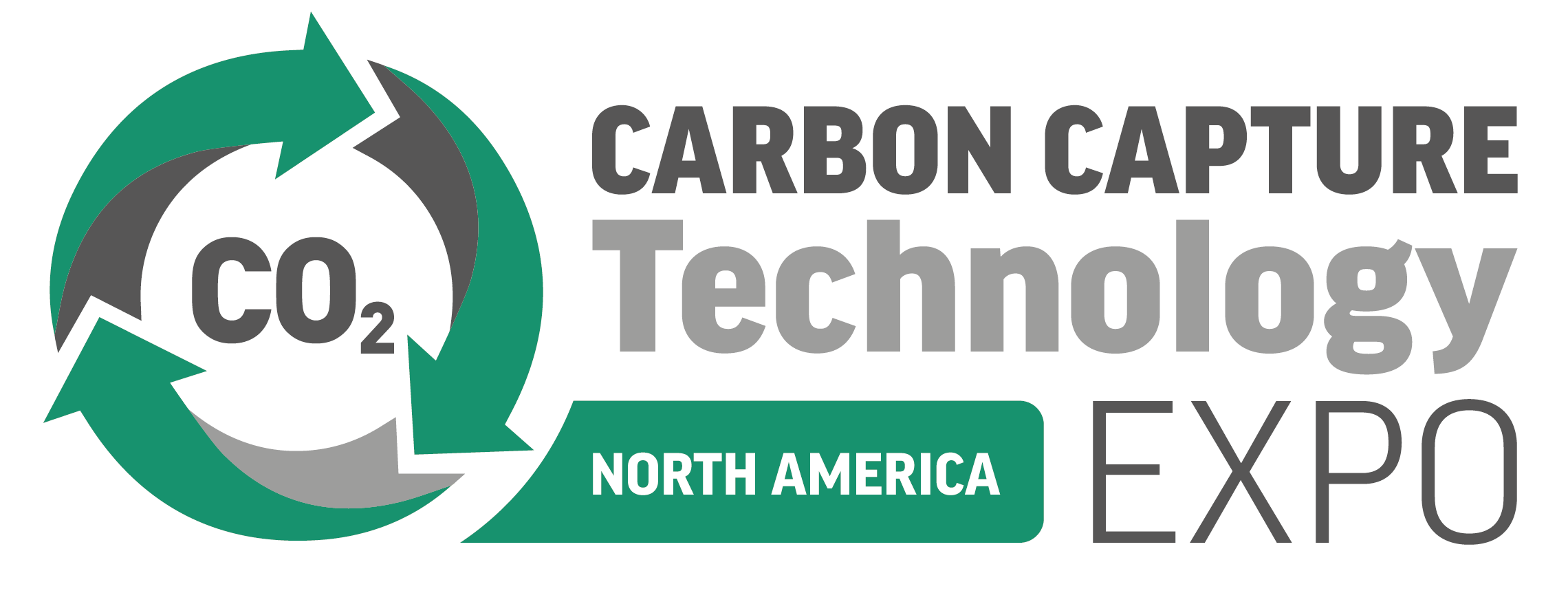
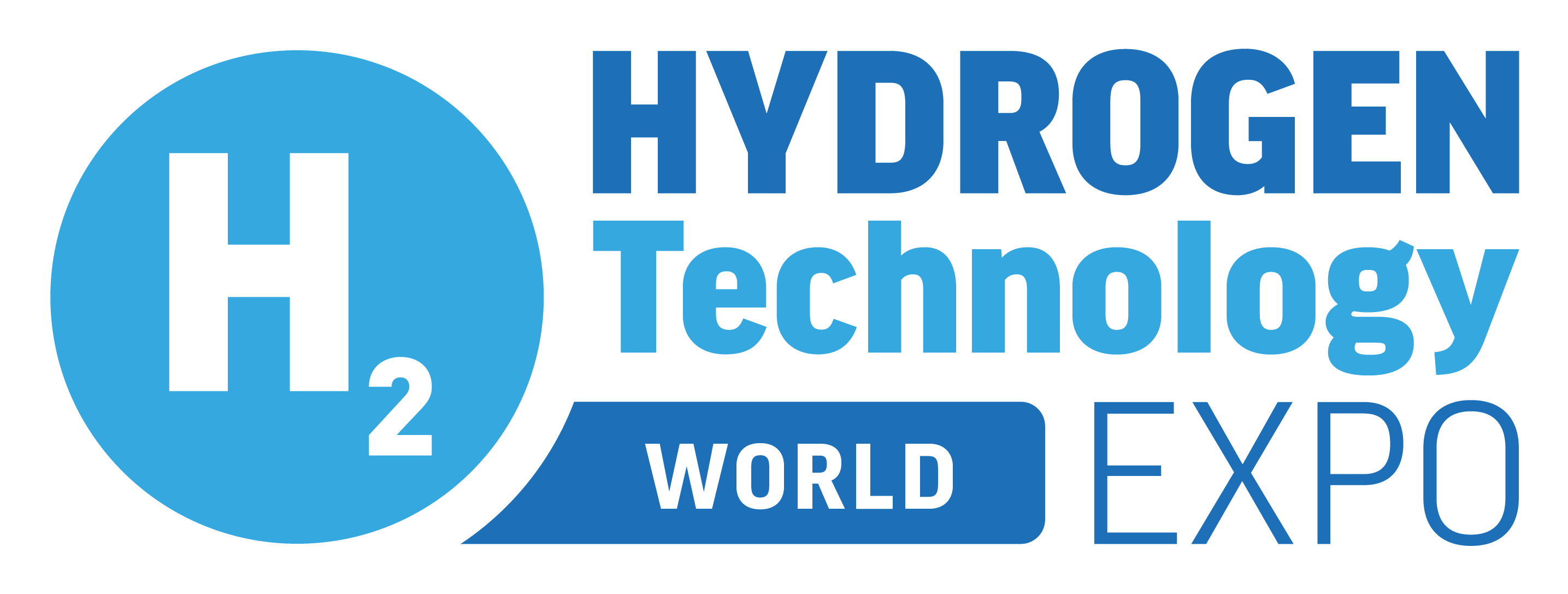
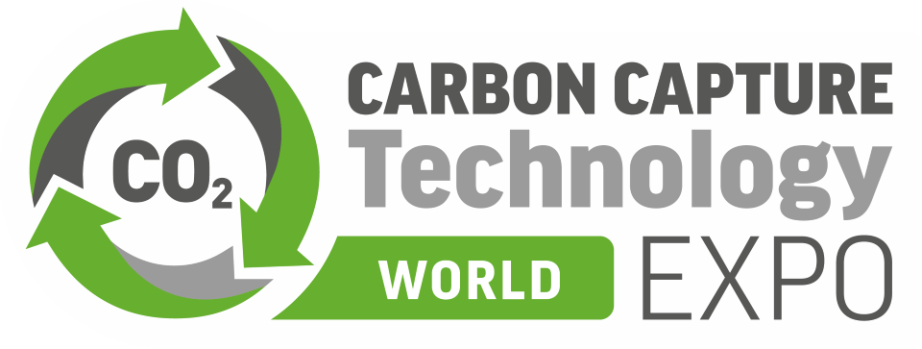


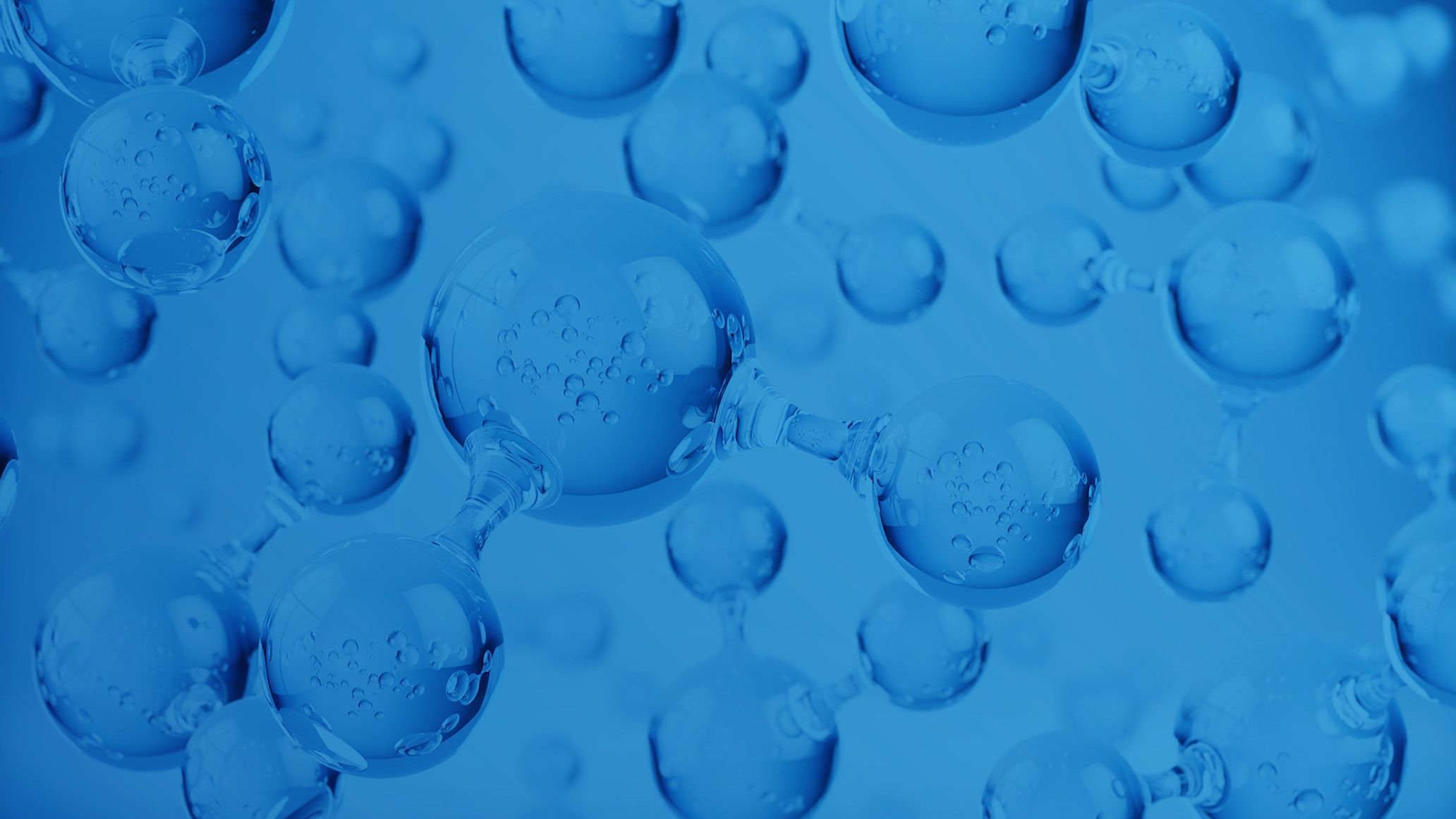

)
)
)
)
)
)
)
)
)
)
)
)
)
)
)
)
)
)
)
)
)
)
)
)
)
)
)
)
)
)
)
)
)
)
)
)
)
)
)
)
)
)
)
)
)

)
)
)
)
)
)
)
)
)
)
)
)


)
)
)
)
)
)
)
)
)
)
)
)

)
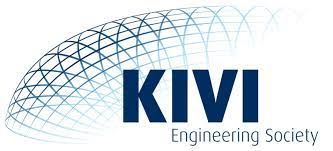
)
)
)

)
)
)
)
)
)
)
)
)

)
)
)
)

)
)
)
)
)
)
)
)
)
)


)

